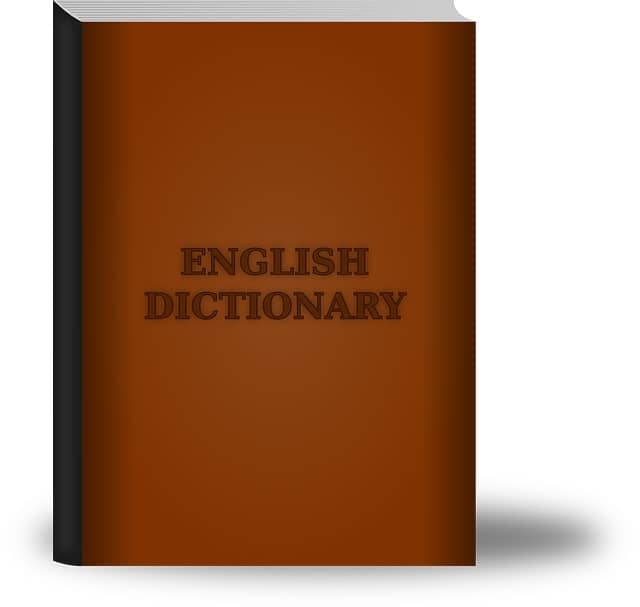What does queer mean in the Lord of the Flies? Derived from the definition implying something odd, singular, or strange, it is this very ambiguity that encapsulates the multifaceted nature of queerness within William Golding’s renowned novel. Beyond its primary sense as a term for non-heteronormative sexual orientations and gender identities, queer in Lord of the Flies takes on a broader meaning encompassing deviations from societal norms and expectations. This exploration unravels a complex web of power dynamics, suppressed desires, and shifting alliances among the group of boys stranded on a deserted island. As we delve into the text, we will examine how queerness emerges as a lens through which Golding challenges conventional notions of masculinity, explores repressed emotions and impulses, and ultimately delves into the depths of humanity’s darker tendencies.
What does queer mean in the Lord of the Flies? (Chapter 3 answers)
What does queer mean in the Lord of the Flies? In William Golding’s literary masterpiece, Lord of the Flies, the word “queer” takes on a multifaceted meaning. The traditional definition of “queer” as differing from what is usual or ordinary; odd; singular; or strange, aptly captures its essence within the novel. However, Golding uses the word “queer” in Chapter 3 to convey more than mere peculiarity. Lord of the Flies uses the word “queer” to explore human nature and societal breakdown to depict the characters’ descent into savagery and their departure from civilized norms.
The boys stranded on the deserted island initially cling to their civil upbringing and attempt to establish order amongst themselves. However, as time passes without rescue and fear begins to consume them, their behaviors become increasingly erratic and unexpected – hence, queer. This queerness manifests in various ways throughout the story: from Jack’s gradual transformation into a ruthless dictator obsessed with hunting to Simon’s visionary encounters with a talking pig head known as “the Lord of the Flies.”
Moreover, Golding utilizes queerness not only in character development but also in symbolism. The chilling image of a severed pig’s head impaled on a stake serves as a potent symbol for both physical decay and moral corruption. The presence of this grotesque object demonstrates how even in such an unnatural environment as an uninhabited island, humanity can fall prey to its darkest instincts – instincts that are inherently queer when compared to societal norms.
Ultimately, “queer” embodies the disintegration of civilization within Lord of the Flies. It portrays how individuals can deviate from rationality and embrace their primitive impulses when isolated from society’s constraints. Through this lens, Golding masterfully explores themes related to power struggles, mob mentality, and loss of innocence.
What does the idiom queer mean?
The idiom “queer” is often used to describe something or someone that is strange, odd, or unusual. It can refer to something that deviates from the normal or expected, causing a feeling of uncertainty or unease. This term can also be used to describe a person who identifies as LGBTQ+, as it was historically used as a derogatory slur or slang term for individuals whose sexual orientation or gender identity does not conform to societal norms. However, it has been reclaimed by the LGBTQ+ community and is now often used as a positive and inclusive umbrella term for non-heteronormative identities.
Conclusion
As readers delve into this gripping tale filled with raw emotion and psychological depth, they witness firsthand the queer transformation of the characters and their descent into savagery. By employing this term, Golding challenges us to reflect on the fragility of societal norms and the potential for darkness that lies within each of us – a powerful message that continues to resonate with readers today.
